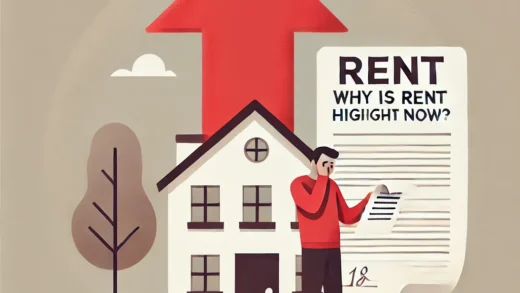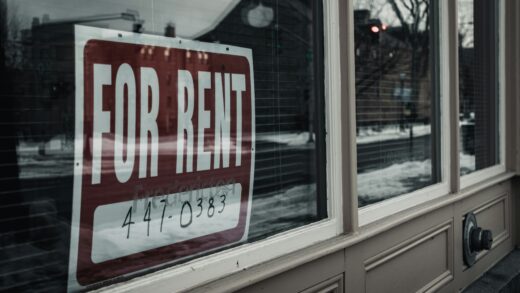Closing on Your First Home: What Every First-Time Buyer Should Know

Buying your first home is one of the biggest financial decisions you’ll ever make. This guide explains the home closing process in simple terms—so you know what to expect, how to avoid delays, and how to protect your investment from day one.
What Is Closing—and Why Does It Matter?
Closing is the final step in the process. It’s the point where the sale is completed, the property is legally transferred, and you take possession.
You’ll sign documents, pay your closing costs, and walk away with the keys. It’s also the point where your financial responsibility as a homeowner officially begins—so it pays to understand the process from start to finish.
The Closing Process: Step-by-Step
Here’s how the closing process works once your offer is accepted.
1. Escrow Account Opens
Your earnest money deposit is placed in an escrow account—a secure third-party account that holds funds until all terms of the sale are met.
2. Inspection
Hire a certified home inspector. They’ll look for structural issues, safety concerns, and hidden repair needs. If problems come up, you can negotiate repairs or ask for a price reduction—helping you avoid unexpected costs later.
3. Lender Orders an Appraisal
Your lender will order an appraisal to confirm the property’s market value. If the appraisal is lower than the agreed price, you’ll need to renegotiate or pay the difference out of pocket.
4. Secure Your Mortgage
You’ll finalize your loan, lock in your interest rate (if you haven’t already), and submit any final paperwork. Don’t take on new debt or change jobs during this time—it could jeopardize your approval.
5. Purchase Title Insurance
Title insurance protects you from future legal claims against your property. Think of it as a one-time safety net that could save you thousands.
6. Review Your Closing Disclosure
You’ll receive a Closing Disclosure at least three business days before closing. This document outlines your loan terms, monthly payments, and total closing costs. Review it closely and compare it with your Loan Estimate.
7. Final Walkthrough
Take a final walkthrough of the home 24 to 48 hours before closing. Confirm that any agreed-upon repairs are complete and the home is in the condition you expect.
8. Close on the Home
You’ll meet with a closing agent, sign your documents, pay closing costs, and—once funds are disbursed—officially become the owner.
What Are Closing Costs?
Closing costs are the fees you pay to finalize your mortgage and transfer ownership. They’re separate from your down payment and usually total 2% to 5% of the purchase price.
Typical closing costs include:
- Mortgage origination fees
- Appraisal and inspection fees
- Title search and insurance
- Escrow or attorney fees
- Prepaid property taxes and homeowners insurance
- Recording and transfer fees
Your lender will provide a Loan Estimate early on and a detailed Closing Disclosure near the end. These are key documents to review for any discrepancies or unexpected fees.
A Simple Guide to Buying Your First Home, One Step at a Time
How Long Does Closing Take?
Most home closings take between 30 and 45 days. Delays often come from:
- Appraisal or inspection issues
- Loan processing holdups
- Incomplete documentation
- Title problems
To stay on track:
- Respond to requests from your lender and agent quickly
- Submit paperwork on time
- Keep your financial situation steady until closing
First-Time Buyer Tips: Keep Your Finances in Check
Closing is part legal process, part financial test. These smart money moves can help:
- Get pre-approved before you shop. It strengthens your offer and shows sellers you’re serious.
- Set aside extra cash for unexpected expenses like repairs or higher-than-expected closing fees.
- Avoid new credit activity during closing. A sudden drop in your credit score can derail your loan.
- Use your final walkthrough wisely. A last look can help you avoid repair bills you didn’t expect.
Common Closing Mistakes That Could Cost You
These are some of the most common—and costly—errors buyers make:
- Opening new credit cards or loans before closing
- Changing jobs or income sources
- Not checking the Closing Disclosure for errors
- Skipping the home inspection or walkthrough
- Failing to budget for full closing costs
Being proactive can save you time, stress, and money.
After Closing: What Comes Next?
Once you’ve closed, the home is yours. But your financial planning doesn’t stop there.
- Set up a homeowner’s emergency fund for repairs or upgrades
- Organize your paperwork and store closing documents securely
- Schedule recurring payments for your mortgage, taxes, and insurance
- Update your address with banks, credit bureaus, and the IRS
Owning a home means taking on new responsibilities—and new opportunities to build wealth over time.
Closing on your first home can feel like a full-time job, but it’s also a key milestone in your financial journey. With the right preparation and awareness, you can navigate the process confidently and avoid costly missteps.
Homeownership is more than just a roof over your head—it’s a long-term investment. Understanding the numbers and knowing what to expect at closing helps you start off on the right financial foot.
Resources
Simplify home buying with these tools



